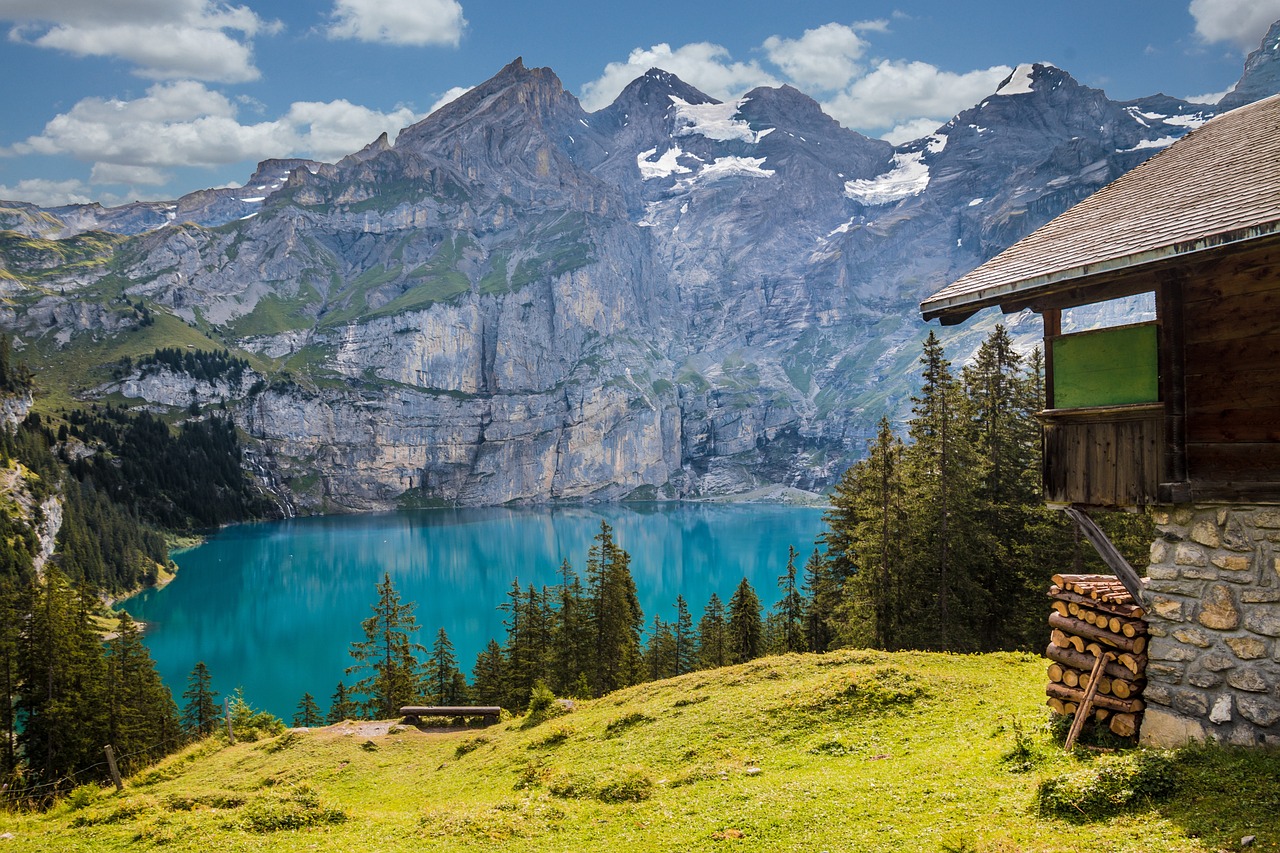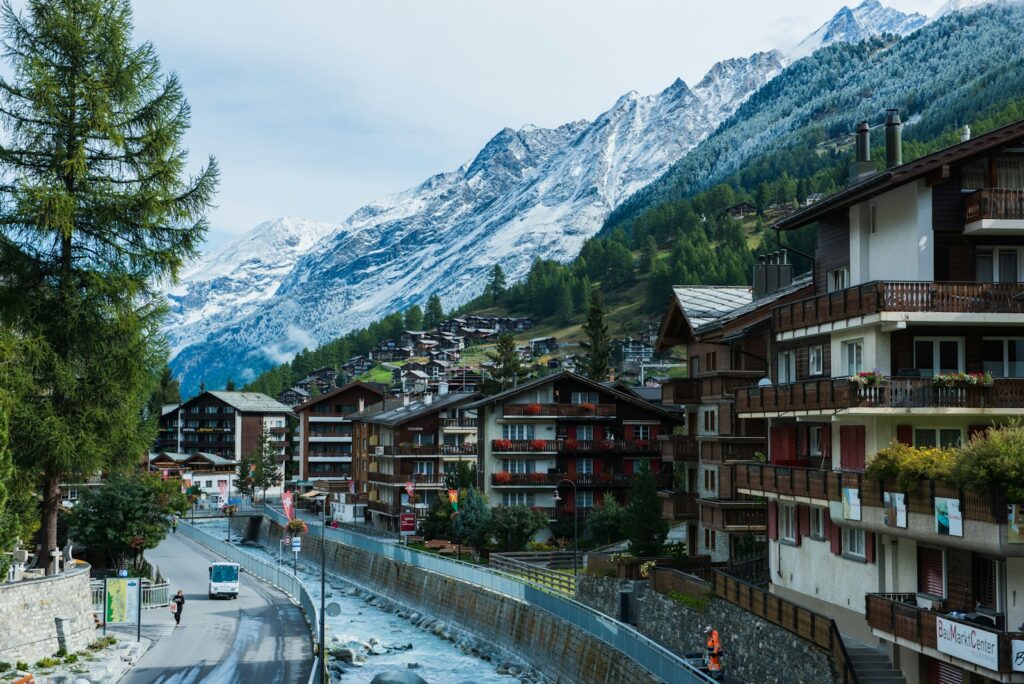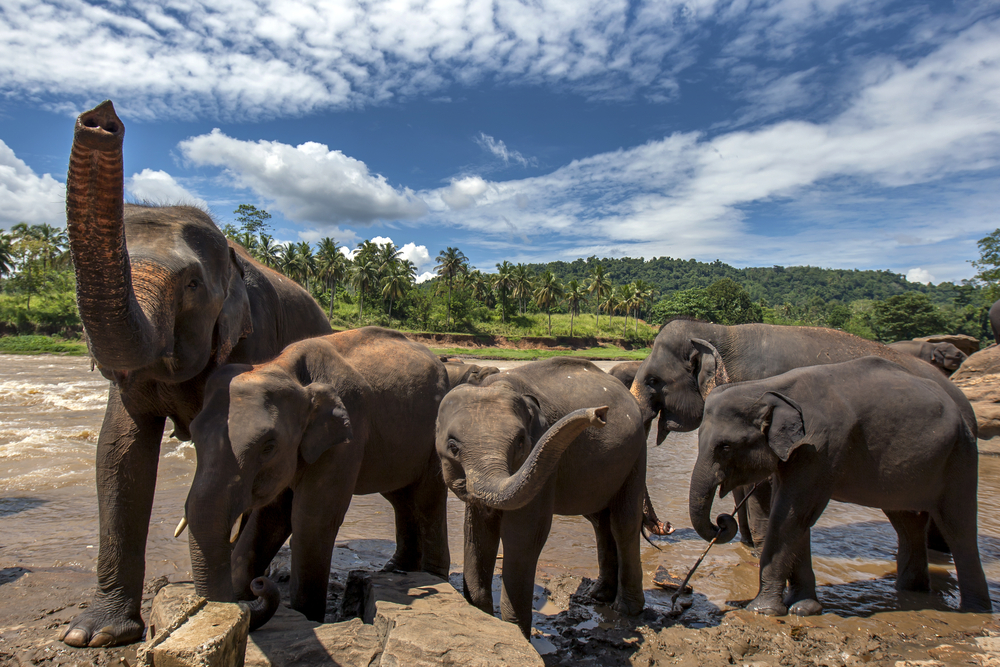Things You Need to Know Before Traveling to Switzerland: Essential Travel Tips and Insights

Switzerland is often on top of the list for travelers seeking scenic landscapes, fascinating culture, and exceptional experiences. But traveling here isn’t as simple as buying a ticket and showing up. Knowing what to expect—and how to navigate the unique aspects of Swiss life—can transform your journey into an unforgettable adventure.

1. When Is the Best Time to Visit Switzerland?
Switzerland’s allure lies in its diverse seasons, each offering a unique experience. But when is the ideal time to go?
Winter Wonderland (December to February)
Switzerland’s winters are iconic. Snow blankets the Alps, ski resorts buzz with energy, and festivals light up the darker months. For ski enthusiasts, this is the peak season, particularly in famous resorts like Zermatt and St. Moritz.

Spring and Fall: Hidden Gems
Spring and fall tend to be less crowded and less expensive. With mild temperatures and blooming flowers in spring or the stunning fall foliage, Switzerland offers a tranquil, scenic experience for those who avoid peak tourist seasons.
Summer Bliss (June to August)
From June through August, Switzerland is a haven for hikers, cyclists, and nature lovers. The warm temperatures bring tourists to the lakes, and the mountain trails are perfect for exploring. However, expect higher prices and more tourists in popular destinations.
2. How to Get Around Switzerland Efficiently
Navigating Switzerland is straightforward but comes with a few tips to enhance the experience.
Swiss Travel Pass: Is It Worth It?
The Swiss Travel Pass offers unlimited travel on trains, buses, and boats, making it ideal for visitors aiming to explore multiple regions. Although it may seem expensive upfront, it often saves money in the long run, especially if your plans include extensive travel.
Rail System: An Exemplary Network
Switzerland’s trains are famously punctual, clean, and scenic. Routes like the Glacier Express provide breathtaking views, while intercity trains are quick and efficient. It’s worth learning about the rail zones and timetables to maximize convenience.
Driving: A Unique Challenge
If you plan on driving, be prepared for narrow, winding mountain roads, strict traffic rules, and tolls. While car rental offers flexibility, public transportation is often more practical and eco-friendly.
3. Understanding Swiss Currency and Payment Options
Swiss currency and payment methods can be a bit different from other European countries, so let’s break it down.
Swiss Franc vs. Euro: Which to Use?
Switzerland uses the Swiss Franc (CHF), and while the Euro is accepted in some areas near the borders, it’s best to carry Swiss Francs. Many places prefer cash, especially in rural areas.
Cash vs. Card: Which Is More Common?
While credit cards are widely accepted in major cities, cash is still king in many small towns and alpine regions. Carrying a small amount of cash can save you in unexpected situations.
4. Exploring the Diversity of Swiss Languages
Did you know Switzerland has four official languages? This linguistic diversity makes the country culturally rich and sometimes confusing.
The Four Languages: Where Are They Spoken?
Switzerland has four official languages: German, French, Italian, and Romansh. Each region primarily uses one language, though English is widely understood in tourist areas.
Language Tips for Travelers
Learning a few basic phrases in the local language shows respect and can make interactions smoother. Greeting locals with a polite “Grüezi” (Swiss-German) or “Bonjour” (French-speaking regions) can go a long way.
5. Essential Etiquette: Swiss Culture and Customs
Switzerland has a unique culture with a blend of German, French, and Italian influences. Here’s what you need to know to make a good impression.
Punctuality: A Core Value
Swiss people are famously punctual. Arriving late for appointments, even social ones, can be seen as disrespectful. Aim to be on time or a few minutes early.
Table Manners and Tipping
Dining etiquette in Switzerland is fairly formal. Wait until everyone is served before starting your meal, and tipping is usually expected, although it’s not mandatory.
FAQs about Traveling to Switzerland
Conclusion
Switzerland is a destination that combines natural beauty, rich culture, and modern efficiency. With a little preparation, you can navigate this stunning country smoothly and make the most of every moment. Whether you’re scaling the Swiss Alps, savoring fondue, or exploring quaint villages, these tips ensure a fulfilling journey through Switzerland’s breathtaking landscapes and welcoming communities. Enjoy your travels, and as the Swiss say, “Gute Reise!”
Stay connected with Info Feeders for essential travel tips and insights before your trip to Switzerland and beyond!







Thanks for your marvelous posting! I truly enjoyed reading it,
you happen to be a great author.I will make certain to bookmark your
blog and will eventually come back someday. I want to encourage you continue
your great writing, have a nice morning!
Hi there I am so glad I found your web site, I really found you by error, while I was looking
on Askjeeve for something else, Nonetheless I am here
now and would just like to say many thanks
for a fantastic post and a all round entertaining blog (I also love the theme/design),
I don’t have time to look over it all at the minute but I have bookmarked it and
also added your RSS feeds, so when I have time I will be back to read a lot more, Please do
keep up the superb jo.
Its like you read my mind! You appear to know so much about this, like you wrote the book in it or something.
I think that you could do with a few pics to drive the message home a
little bit, but instead of that, this is wonderful blog.
An excellent read. I will definitely be back.
Wow! Thank you! I always needed to write on my site something like that. Can I take a portion of your post to my website?
Pretty nice post. I just stumbled upon your blog and wished
to say that I have really enjoyed browsing your blog
posts. In any case I will be subscribing to your feed and I hope you write again soon!
I’ve learn some excellent stuff here. Definitely value bookmarking
for revisiting. I wonder how so much attempt you place to create the sort of excellent informative web site.
I simply couldn’t depart your website before suggesting that I actually loved the standard information a person provide
for your visitors? Is going to be again ceaselessly to check up
on new posts
таблетки супрастин инструкция по применению взрослым [url=https://allergiano.ru/]https://allergiano.ru/[/url] .
супрастин таблетки инструкция по применению цена взрослым от аллергии дозировка в таблетках взрослым [url=https://allergiano.ru/]https://allergiano.ru/[/url] .
Superb post however I was wondering if you could write a litte
more on this subject? I’d be very thankful if you could elaborate a little bit further.
Thanks!